Alina, I take you seriously when you say you live your art – when you say you turn art into life. It may have been an exercise in sovereignty until precisely that moment when disease, even though it is meant to be an exception, made you the same with everyone else – turned you into one of those sacred men whose state of exception is nothing else than their abandonment to power. Instead of living the privileged life of him who is both outside and inside the law, you were forced by illness to negotiate with sacrifice. You had to reinstate the belief in sacrifice in a world that is rather living according to the precepts of the homo sacer and not to those of sacrifice (Agamben himself refers to Bataille for whom sacrifice was in the last instance comical).
Dear Alina, I want to think sacrifice with you. I want to go where your thought leads me, from political subversion to the purest abstraction, from melodrama to aporia. “It might be well worthwhile to investigate the origin of the dogma of the sacredness of life. Perhaps, indeed probably, it is relatively recent, the last mistaken attempt of the weakened Western tradition to seek the saint it had lost in cosmological impenetrability.”[i]
You decided to break away from the concrete political thinking of the first Bezna and side with post-human theory: the farther you went into it, the farther it took you away from life, into an abstract zone you could not bridge to the real, to humans, to friends, to a community. You would be there on your own, an ethereal presence that could still shine over us.
Alina, none of those smart white men you allied with would ever dare to do what you did. They engage with western metaphysics for sport. They are shrewder, they figured from the start that the game was rigged: all roads lead to a wall. In that sense, there is no outside, as we debated so often in the reading group we had put together. There is no outside, but it matters very much what you do with this observation. Some will capitalize on it, others will feel the urge to redeem humanity. My darling, you allowed disease to enter your body and stay.
In attempting to tackle the western disease, you decided to shed all previous sources of spirituality – perhaps in a biographical gesture, I do not know. For some years you had come to embrace what I still see as a fantasy, namely Brazilian modernism, which to Brazilians living today is less of an urgency than, say, the capitalist desecration of the Amazon. Why did you cut your own roots? I did not understand this when we were debating and I was showing my growing uneasiness with the ‘speculative’ morbidity – all I could say at that point was that the road you had decided to take had been well trodden and led to the death of imagination. But so profound was your love for knowledge that I could not gather my thoughts to counter you. All around, your friends had taken different routes in the search for life. Wrapped up in your world, you would not allow for a worthy outside.
The homo sacer is both sacred and damned, he is an impossible situation. Faced with disease, you also build an impossible situation: you did not allow western medicine to cure you, and instead turned to a fantasized array of pre-modern practices which should have cured you. But one cannot enter and exit systems as they well please: when your disease belongs to the western world, it cannot be cured through deterritorialization. The impossible situation is to want to be more western than the west, yet turn against the west in a crisis situation, expecting the other to act as cure. You rehearsed the western aporia on your own body, with a courage that is both magical and insane.
Performance was yet another means of rehearsing this impossible situation. Initially, your collaboration with Irina as the Bureau of Melodramatic Research was along the lines of a witty Baudrillard poke at the surface, a scramble of references that could lead you as far as possible from the local – and the localizable. A strange configuration on a scene that at best was political in a didactic manner, and at worst ignored even the possibility of transgression, the two of you made sense only to outsiders. A fantasy that never allowed itself to be grasped, you performed deadpan irony at a safe distance from drama. A fragile equilibrium that collapsed when the urgency of the artworld kicked in. The immateriality you fought for, against a retrograde concreteness, was a recipe for stirring up desire in the minds of those abandoned by hope – and they could not but co-opt you. In safe spaces such as PAF or ImpulsTanz, theory = practice = life = theory. From there on, solipsism became your political stance.
A restless soul that incarnated in various Esthetic Entities – let me tell about the magic of Black Hyperbox and how through my own practice I agreed with your stance that contemporary art is that that creates frameworks. Of course the series of equations above rang true to many of us, and you were able to bring in the tension of performance to displace comfort lines. Again we were on the inside, but on fertile ground: our minds were taking unbelievable journeys, and our bodies, most of the time abstracted to movement, would connect to the choreography of the universe. But Alina, you were already slipping towards the impossible situation of art as life, and it was no longer with the humor from the Congress of Pessimism. You were calling for a truth, like in our national drama, Iona splitting open his own belly when he realizes that beyond the belly of the whale there is simply another belly of the whale.
As Negri observes, there are two Agamben, the one paralyzed by the “totalitarian and static horizon”, and the one in whose thought “the dialectic is truly overcome because the biopolitical is traversed internally”[ii]. This must be the contradiction all of us peripheral subjects are defined by, especially once we take it upon ourselves to understand, then address, and eventually fight western thought. Experimental life comes with a script, complete from interpellation of the gods to redemption. What is reserved for us in this losing game is no more glorious than what Buden termed the “misery of catching up” – and I want to celebrate the courage of your fight inside enemy grounds, the will to change the question itself. Yours was the modernist desire for purity, a heroic demonstration of that which an entire world has abandoned with self-disgust. I had ranged you with hybrids, and the way in which you moved through disciplines fooled many into agreeing – yet the mathematical clarity of your thoughts should have made me realize sooner that you belonged to the serene world of modernism, an abstraction you brought to life. Biopolitics was a violent reality to which you did not wish to accommodate – in a sense, not allowing yourself to hybridize, you disconnected from a world that would never be pure. When I look at Irina’s recent choices, starting from the point where the Bureau had left off, I see how her own negotiation with impurity took the form of humor – and I wish we could all have come together to change your delicate smile into a laughter of self-love and play.
The feminine is that which embodies experimental life: ecstasy is the only modality of experience, and you are being denied enjoyment. Sacrifice without laughter, death without life. Dear Alina, you are no longer from this world so that I can ask you to confront our thoughts – I now say to you, your choice is part of our histories.
[i] Benjamin, W., Critique of Violence, p. 202, quoted in Agamben, G., Homo Sacer. Sovereign Power and Bare Life, Stanford University Press, 1998, p. 66.
[ii] Negri, A., The Discreet Taste of the Dialectic, in Calarco, M., DeCaroli, S. (eds.), Giorgio Agamben. Sovereignty and Life, Stanford University Press, 2007, pp. 118-119.
In the writing of this text I am indebted to Irina Gheorghe and Veda Popovici.
POSTED BY
Cristina Bogdan
Founder and editor-in-chief, between 2014-19, of the online edition of Revista ARTA. Co-founder of East Art Mags, a network of contemporary art magazines from eastern and Central Europe. Runs ODD, a s...
www.evenweb.org

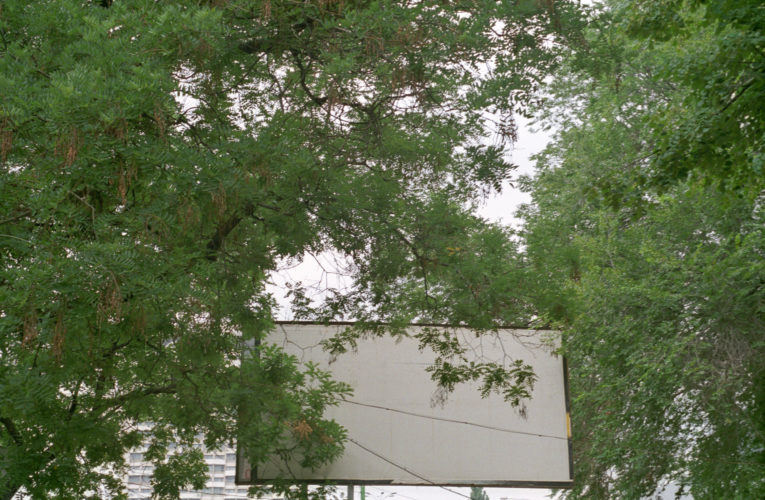
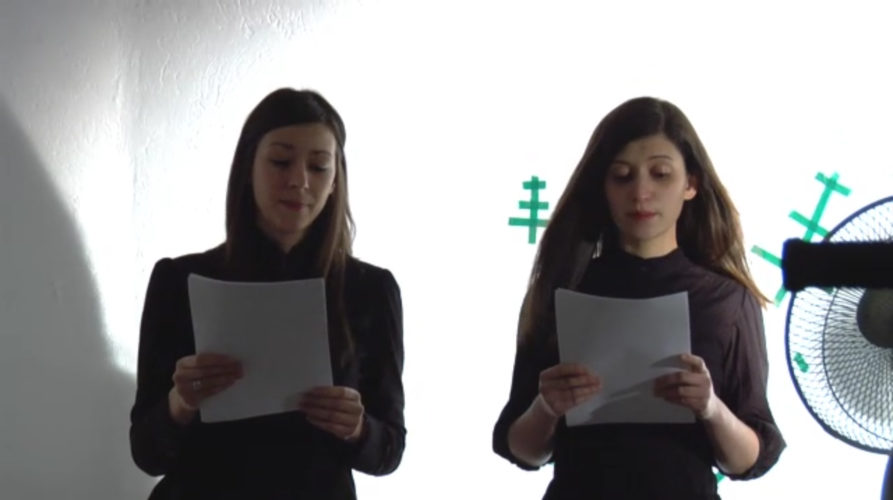
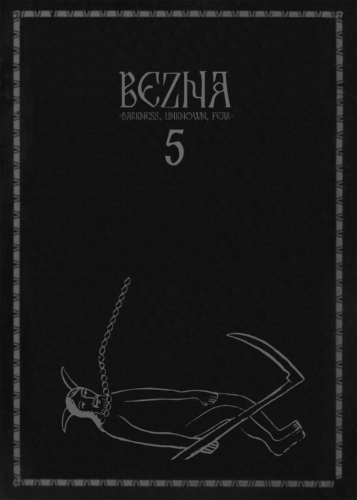
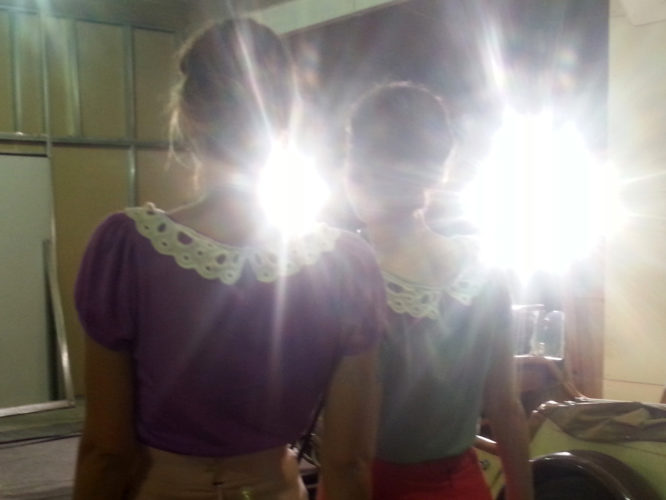
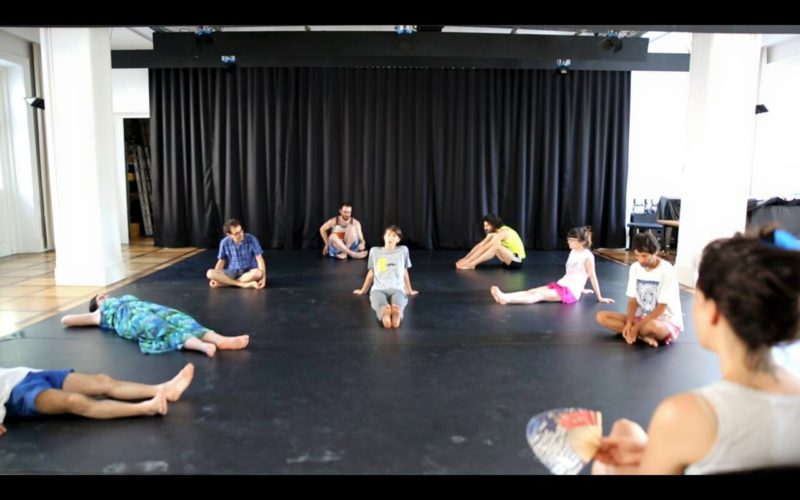

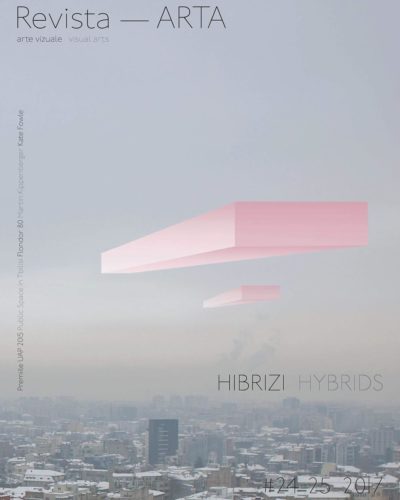
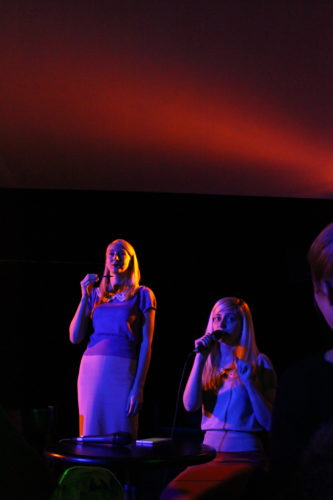
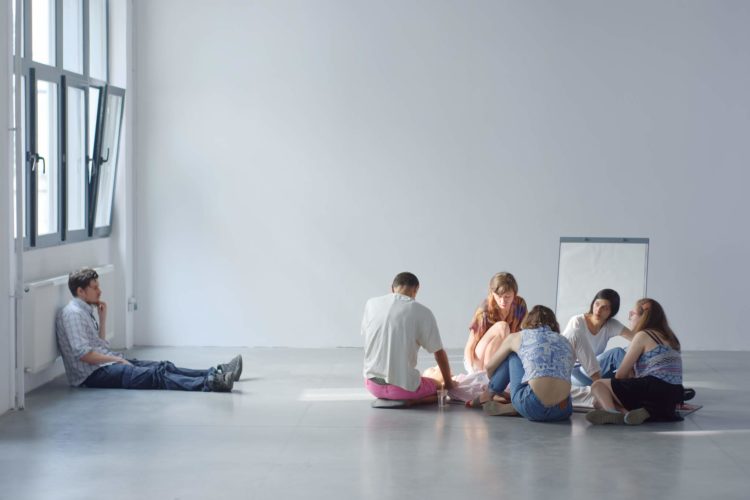
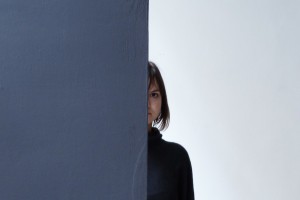
3 Comments
And where is the dialog, quotes from her, the feeling of real engagement with her thinking and sensibility. For this you need a bit of humility, to empty yourself a little, to let you be touched by the other’s perspective. Here is just an ugly and unjustified superior positioning from where mean opinions and obtuse judgements are insensibly thrown.
This is so judgemental, from the presupposed superior posture of being alive. And so wrong in almost all points made. Too bad that she can’t answer.
Alina solipsistic? she was one of the most connected persons that I knew, mostly through her work, from philosophical to contemporary dance and contemporary art communities. It’s true, mostly outside Romania, and she was suffering sometimes that she’s not understood here, but this was not her fault, rather the mentality that comes out in this kind of articles. Outside of her work she made friends with many people, including in countryside Transilvania, countryside Brazil and Vienna, where she spent her last 2 years.
Sometimes when she saw homeless people she entered the nearest shops to buy them food. And when she encountered very old people she was very moved, often to tears, she was sometimes stopping to talk with them, to ask them if they need anything, she was giving them money or helped them with different things. She saved countless animals, she participated to protests… As much about being trapped in her abstract world.
And without humor in her work? Since when humor is a requirement. Her last works were strong and light at the same time, beautiful and yes funny sometimes.
Mathematical mind and too much abstraction? Yes she had an unbelievable power of abstraction, but she was very poetical as well, and this combination is beautiful and touching – her movement was exactly in the opposite direction of what the article says, she went from speculative abstractions to embodied thinking and poetic writing.
And she didn’t refused the Western medicine. She started with a big medical error in Bucharest, continued with another one in Bergen and, as it seems, in Vienna too, her doctor there recognized that radiotherapy weakened her immune system, (because the tests were showing it). It’s rather as she says in her text, the medicine abandoned and betrayed her. I went with her to many doctors that just sent her home to die, because it’s quite a hopeless disease anyway. But as she said they totally killed her spirit.
It’s sad to see that Alina’s life and work, that could so easily be used to amplify and open up perspectives, new horizons, are approached so reductive and narrow. It’s easy to read her last text, to look at her last drawings to see that this article is an example of something that bothered her – misplaced, insensitive critical thinking.
https://alinap0pa.blogspot.com/2019/02/disease-as-aesthetic-project.html
And my short intro to it:
https://www.fflueras.ro/2019/02/alina-jaguar.html
(Correct would be these two to be published too, if a dialog is wanted, and my comment too).
It was a very sad experience to read this list of reproaches, but sadness is my home nowadays.
This rant, regardless of the place it comes from, is completely beside the message of the text. The ugly twist of your interpretation casts serious doubts on your scope. Anyone who reads the text should perhaps start with the end sentence, which leaves no doubt about its meaning, as I am sure you are well aware of. A shameful reaction, which does injustice to anyone who might want to engage with a brilliant mind and soul.